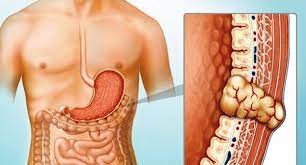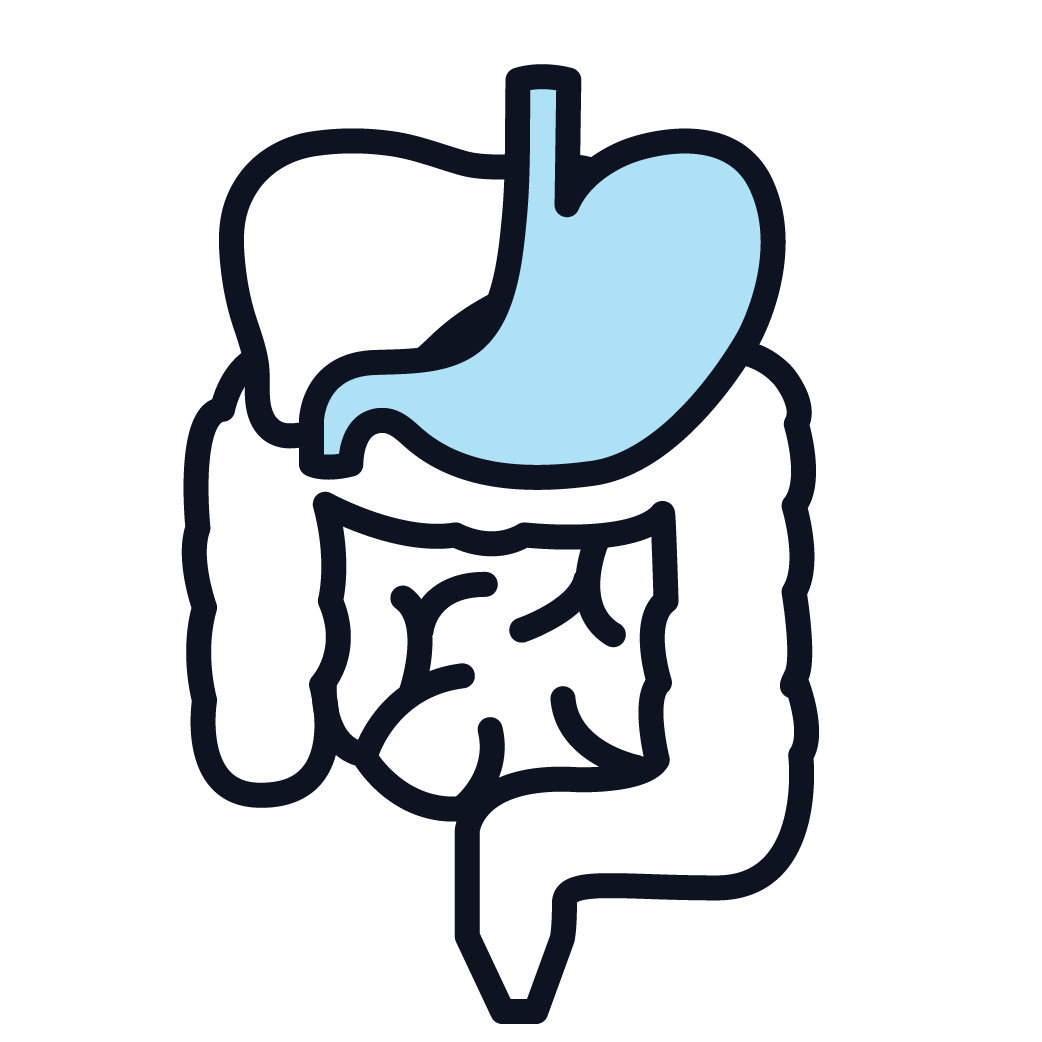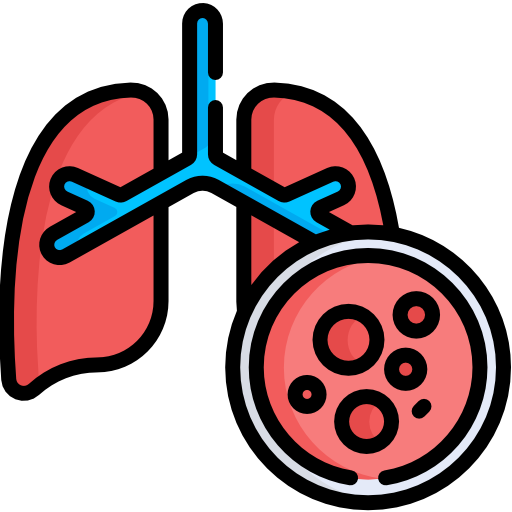Gastrointestinal Stromal Tumors are soft tissue sarcomas that can be located in any part of the digestive system. Their most common sites are the stomach and small intestine.
A benign tumor means the tumor can grow but will not spread. A tumor can start in any part of the GI tract. There are several different types of GI tumors, including Gastrointestinal Stromal Tumor (GIST).
Treatment for GIST may include surgery and / or targeted drug therapy. Other therapies, such as chemotherapy and radiation therapy, are used less often.




